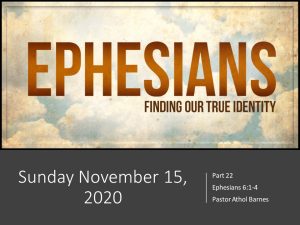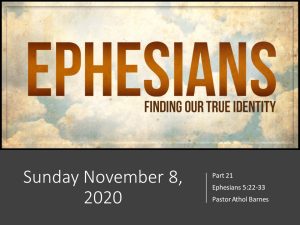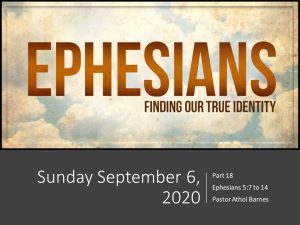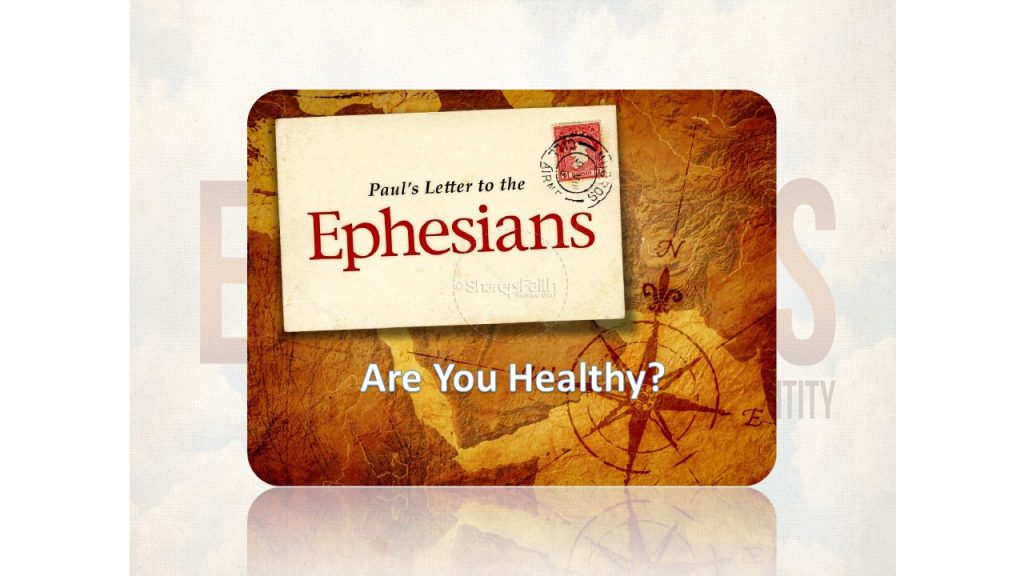
2 Corinthians 12:1-10
How easily do you admit to weakness?
If you ever want to have me do something, just tell me I cannot do it.
If I am struggling to complete a household project, Debbie knows that I will be annoyed if she says, “why don’t you hire a professional to do that?” What? Now you have just thrown down the gauntlet.
Our culture despises weakness and values people based on their physical and intellectual strength. As we read the scriptures, we see a paradox. In the kingdom of God, there is power in weakness (Psalm 8:2).
The Apostle Paul was arguably the greatest theologian, church planter and missionary in history. Yet, he understood the power in weakness. In 2 Corinthians 11:30 he wrote, “If I must boast, I will boast of the things that show my weakness.” This is not false humility, the apostle understood something we do not.
As Paul goes to great lengths to diminish his own stature, he is aware of the power of God working through him.
To keep him from being conceited, Paul wrote that God gave him a “thorn in the flesh” (2 Corinthians 12:7). There is good reason why we do not know the specific nature of this thorn, because whatever ailments and challenges we experience, Paul’s thorn becomes our thorn, and we can identify with his struggles.
We do not know what the thorn in the flesh was, but we must never forget that God allowed it. Satan would never do something to keep someone from being prideful, that is the opposite of what he does. God is in control and allowing your thorn in the flesh for his purposes and his glory.
CS Lewis wrote, “we can ignore even pleasure, but pain insists on being attended to. God whispers to us in our pleasures, speaks in our conscience, but shouts in our pains: it is His megaphone to rouse a deaf world.”
God used Paul’s thorn in the flesh to focus his attention on Christ and to draw him into a place of greater dependence. Paul prayed for the thorn to be removed but Jesus responded by saying, “My grace is sufficient for you, for my power is made perfect in weakness.” 2 Corinthians 12:9.
Jesus gave Paul the key, power is found in weakness. The perfect power of Jesus is experienced when the grace of God is able to minister to us in our weakness. Our inability is the beginning of the manifest power of God.
Notice the two nouns, “Grace” and “Power”. We agree that the definition of grace is unmerited favor, that is the true message of the Gospel. But we do not often see grace as power. There is power in the Grace of God. Grace is more than a noun; it is a powerful verb.
Grace is not something we receive at salvation and then put on the shelf as a memorial. The Grace of God is active and powerful in our lives. The key to this power is our weakness.
The Gospel is a picture of power in weakness. Jesus the all-powerful creator God, took on the form of a weak baby, and lived a life of humility setting aside his glory for a season.
The cross of our salvation, where Jesus paid the price for our sins, was where Jesus submitted himself in a picture of weakness and hopelessness. God’s plan of redemption was that there was to be weakness, on the cross, before there was power at the resurrection. God displayed His power when he raised Jesus from the dead. This same power is at work in us as we read in Ephesians 1:19-20. This gift of salvation is available to anyone who truly admits how weak they are. Only then can we experience and begin to live out the immeasurable power of God.
Doing what we cannot do, that is Christ in me. As you submit your life to the will of God, there will be times when God calls you to do something that is impossible to do…in your own strength. God calls you to take a stand against corruption, start a non-profit to help orphans and widows, stand in front of a crowd and preach the Gospel, witness to your family, or any other mission that seems impossible or impractical. The purpose of God is that we step out in faith, relying on Christ to do the impossible through us.
God needs our weakness more than He needs our strength. Our strength is often His rival. Our weakness is His servant as we rely on His resources to accomplish His purposes, to bring Him glory (Galatians 2:20).
We have a wonderful example of this in the life of Jesus in John chapter 6. Here we read the account of the feeding of the 5000 from just five barley loaves and two fish.
Before the miracle, Jesus asked Philip how they were going to be able to buy enough food to feed all the people. Jesus was testing Philip; he was asking him to do the impossible. We know that Andrew, in faith brought the little that they could find to Jesus. The five loaves and the two fish represented our weakness, that must be brought to Jesus as an offering in faith. And Jesus used what little was offered and miraculously fed a multitude.
At the beginning of 2021, give God what you have, your talents, your finances, your gifts and see what He can do with them.
What vision has God given you that you cannot do in your own strength?









